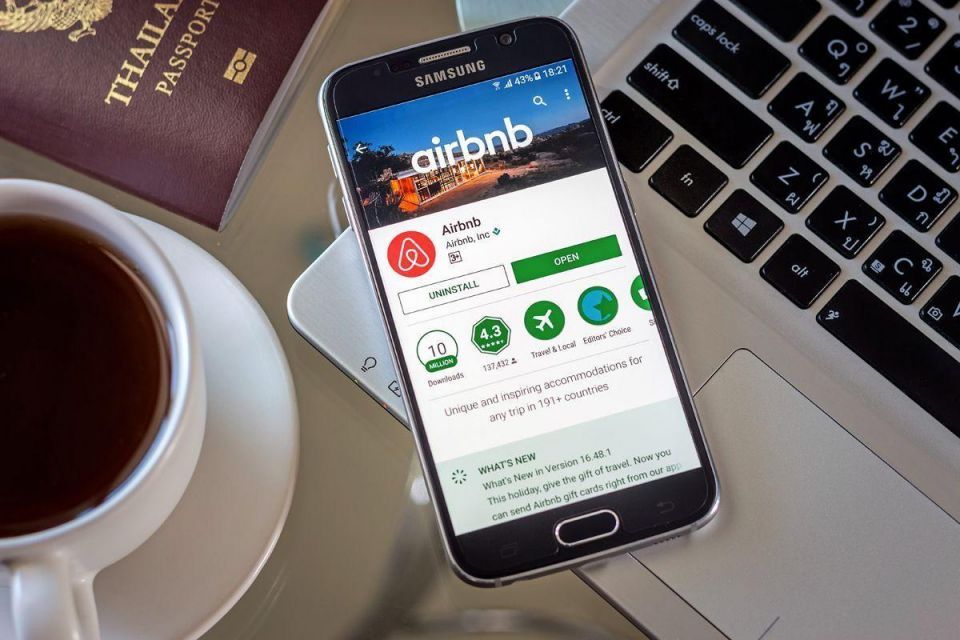
Home-sharing giant Airbnb has denied that the company is encroaching on the hotel market stake in the Gulf cities it operates in and instead is helping diversify the tourist offerings.
The company’s general manager for Middle East and Africa, Hadi Moussa, told Hotelier Middle Eastthat more than 89 percent of Airbnb users choose to stay outside the key hotel districts in a given city.
“We see in general that Airbnb brings in diversification in the types of travellers it can bring to a destination. We’ve done a lot of surveys globally to understand to enquire from people using Airbnb,” Moussa said.
In 2016, Airbnb also signed a memorandum of understanding (MoU) with Dubai Tourism (DTCM) to encourage responsible hosting within the emirate as well as promote tourism diversification.
“Initially, it started slowly in the Middle East but we’ve seen an acceleration since we signed a MoU with DTCM which has helped grow the number of listings, especially in Dubai,” Moussa said.
“I think the MoU with DTCM setting clear regulations is a great starting point. Because, it creates a certainty for the host to know that one, it’s legal, and they have clear and simple rules on what they actually need to do to become a host on Airbnb – that’s why we are also seeing the growth in Dubai. Currently, we have 6,700 properties across the UAE. So creating that level of regulatory certainty – that’s very important for us,” he added.
Moussa told Hotelier Middle East that Airbnb has its eyes set on growth within this region such as plans to capitalise on the 25 plus million visitors expected to visit the emirate for the Expo 2020, and establishing a strong foothold in Saudi Arabia.
“In the case of Dubai, it’s also interesting if you look at the diversification perspective and the types of listings that are available. From a studio apartment, to a one- or two-bedroom apartment, to a villa or a luxury apartment – these kind of offerings helps bring in different kinds of tourists and really helps grow the tide from a tourism perspective,” he said.
Besides diversifying the source market, Moussa said that company has also stirred up business for small boutique hotels across the globe as earlier this year, in February, the company partnered with SiteMinder, a cloud platform for hotels looking to attract guests.
SiteMinder, at the time of the partner announcement, had stated that it’s ideal to cater to provide for travellers looking for that “authentic” experience.
Referring to the partnership, Moussa said the company already has a growing list of partnerships with small hotels in the Middle East region.
“We already have thousands of boutique hotels on the platform. There are some very specific criteria in the types of hotel just because of what people are looking for in Airbnb – a much more local, authentic experience. So for hotels that offer such experiences, we will continue to work with them. In Dubai specifically, we have started on-boarding a few hotels but don’t have examples to name yet,” he said.
The community-based hospitality company currently has five million listings globally across 191 countries and 81,000 cities.
